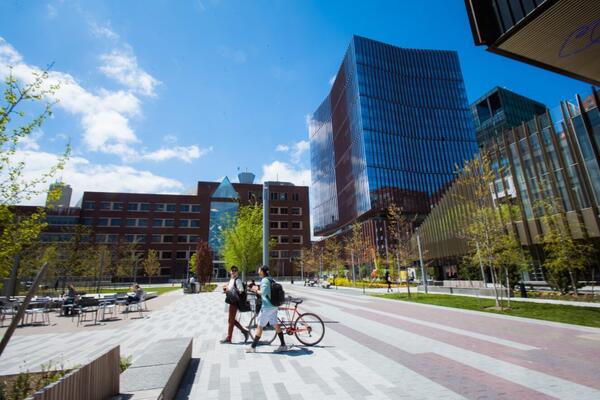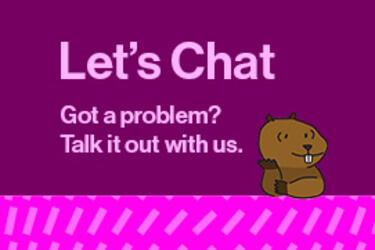
Let’s Chat
Let’s Chat provides free, confidential consultations with clinicians from Student Mental Health & Counseling Services. Upcoming sessions: April 17–18, 4–6 p.m., Office for Minority Education (4-107)
About HealthELife
MIT Health’s online patient portal allows you to conveniently manage your personal healthcare.
Ask Our Digital Navigator
Need to schedule an appointment? Have a question about our services? Our friendly Digital Navigator is here to help.
Your PCP
Choosing a primary care provider (PCP) is your first step toward getting the most out of MIT Health.



